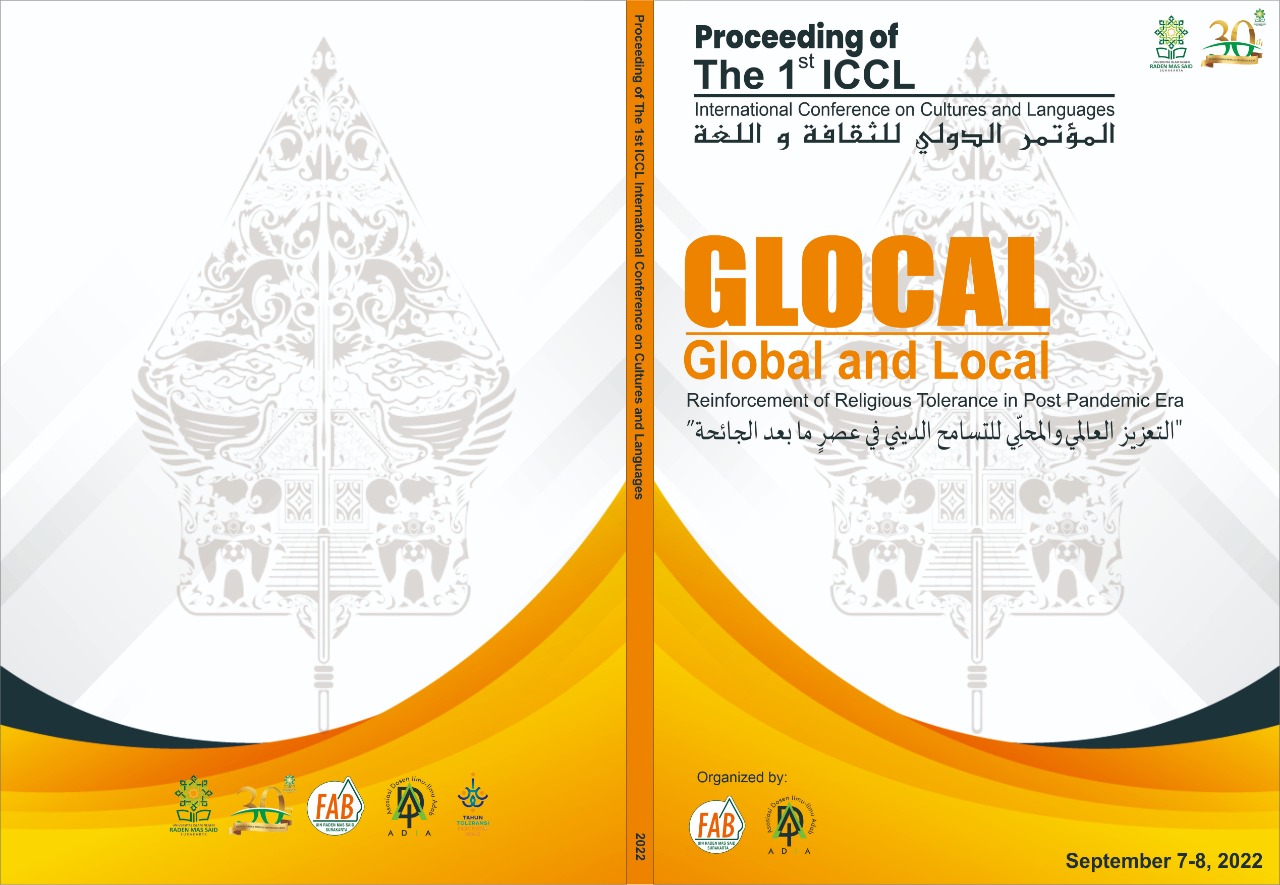MENGUJI EFEKTIVITAS PROGRAM MODERASI BERAGAMA DI PERGURUAN TINGGI (Testing the Effectiveness of The Religious Moderation Program in Universities)
Keywords:
Religious Moderation; Training; Tolerance; StudentAbstract
The Indonesian Muslim community, which is moderate and inclusive, is currently turning towards conservatives. The media and facts have proven that the movement of radical groups influences Indonesia's social and political life. Various surveys show an increase in religious intolerance and radicalism among students. Islamic Higher Education students are the most fundamentalist, conservative, and exclusive students, according to a 2019 study. Various models of overcoming intolerance and radicalism in universities have been implemented. One of them is the establishment of houses of religious moderation, the obligation of universities to provide workshops and training on religious moderation and other forms of implementation. Previous studies mostly measure the level of student religious tolerance, measure the percentage of students exposed to radicalism and find the determinant factors that become the root of students being exposed to this ideology. Specifically, this research examines the effectiveness of universities' programs in counteracting and tackling radicalism as a program mandate launched by the Ministry of Religion. This research is quasi-experimental research conducted for 1 month. A total of 40 students using purposive sampling were used as research objects. Before the treatment is carried out on the research object. 40 Students were first given a questionnaire to measure their level of moderation and religious tolerance. One week later, the students were treated in the form of "religious moderation training" with the standard curriculum design of the Ministry of Religion. After the training, 40 students were given the same questionnaire with the questions that had been randomized. After 2 weeks, students were given the same questionnaire with modified questions. The collected data is processed and analyzed through multiple regression analysis. The results showed that religious moderation training for students impacted student tolerance, but the training program did not reflect a sustainable program. This research proposes that universities should formulate a moderation training program that is not only based on the standard curriculum of the Ministry of Religion but develops a more sustainable model.


